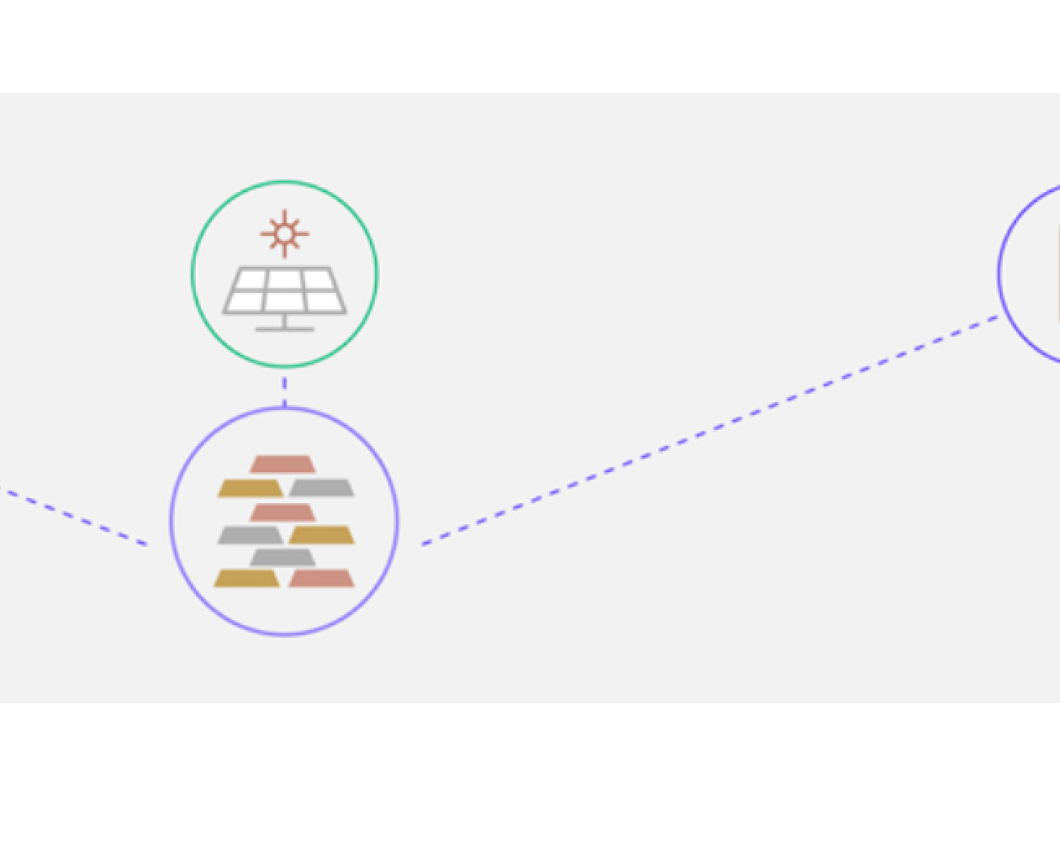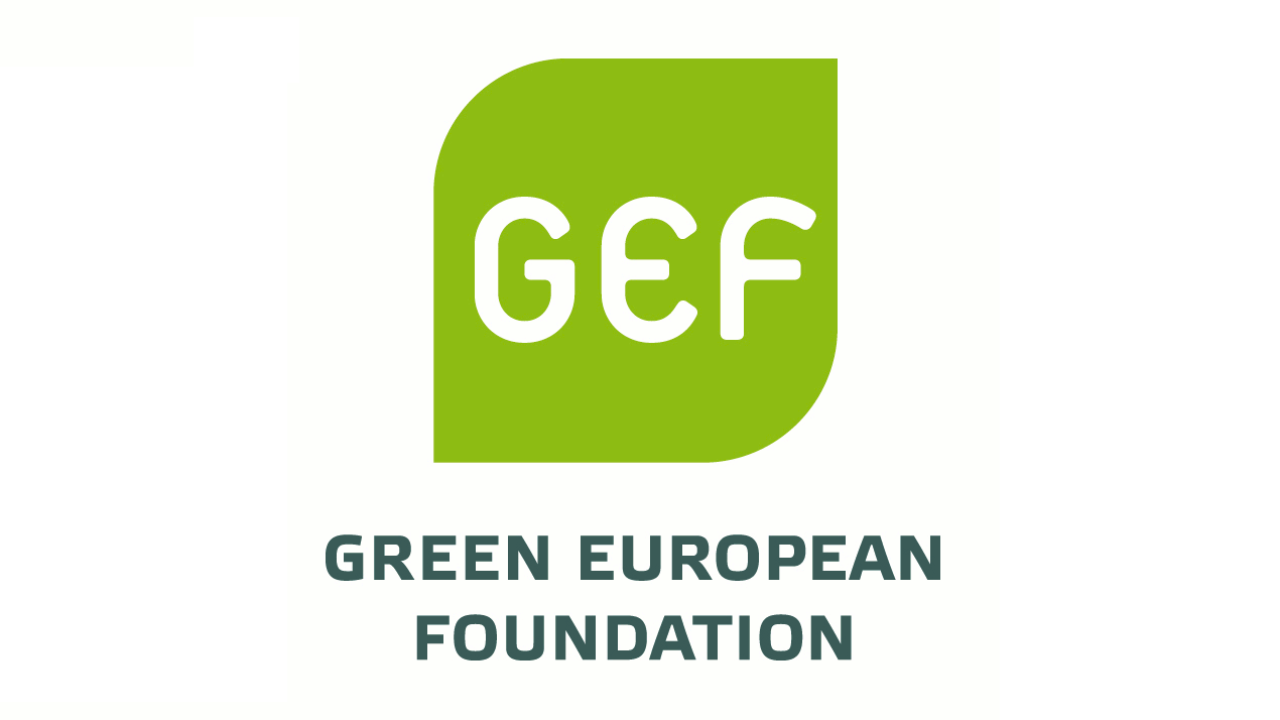3. Responsible sourcing
The EU is unlikely to wean itself off virgin metals anytime soon, but can it at least source them responsibly? At present, most mining practices are dirty, especially in the Global South. All too often, mining companies wreak ecological havoc, violate the rights of workers and local communities, avoid taxes, and fuel conflict and corruption. In Chile, a major exporter of lithium, mining depletes water reserves at the expense of farmers and wildlife. And in China, the chemicals used to extract and process rare earths pollute rivers, groundwater, soil, and air.
For the Democratic Republic of the Congo, mining is a curse rather than a blessing. Despite its mineral wealth, the DRC is one of the poorest and most conflict-ridden countries in the world. Mining by Chinese and Western multinationals follows an extractivist model, whereby the Congolese people deliver large amounts of raw materials at great human and environmental cost while most of the profits accrue to others. Neocolonial and ecological injustices intersect with gender injustice: mining jobs are largely occupied by men, while it is primarily women who suffer from the loss of arable land and lack of clean water caused by mining operations.






